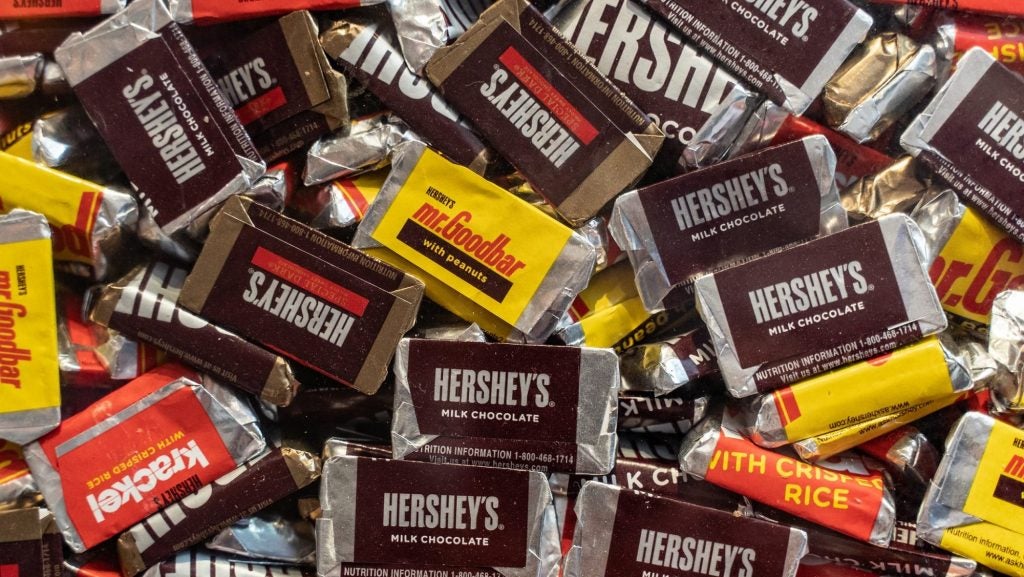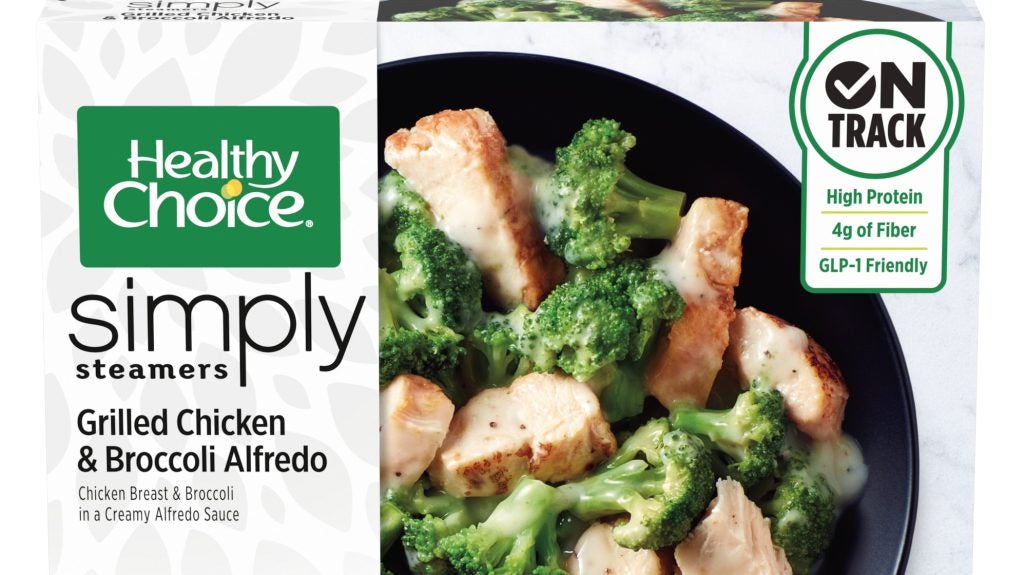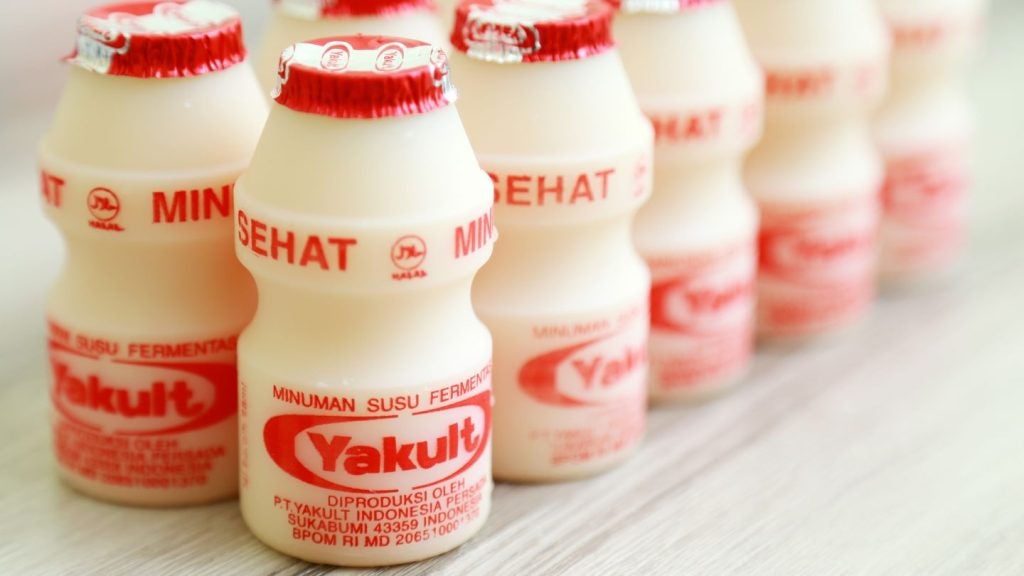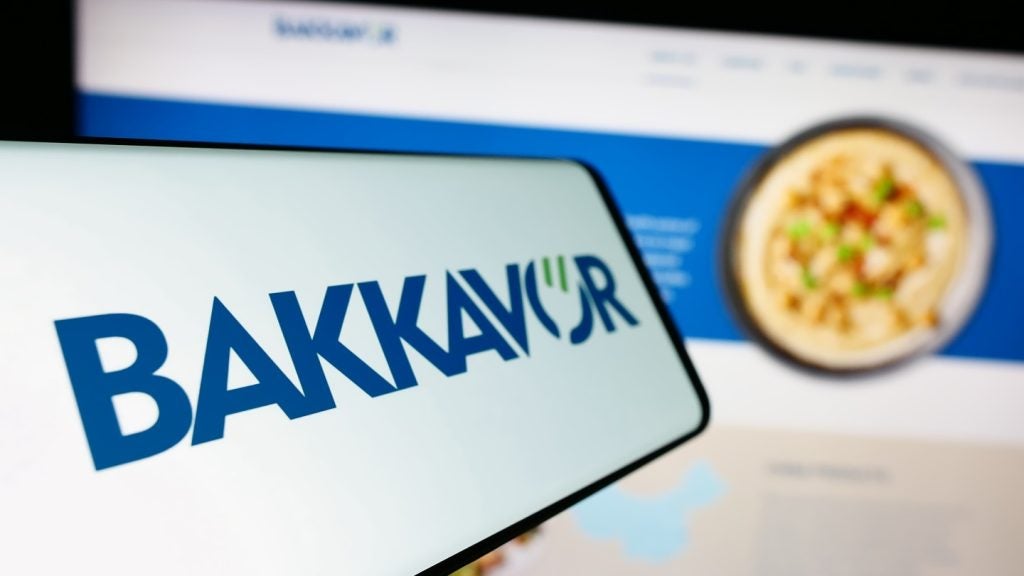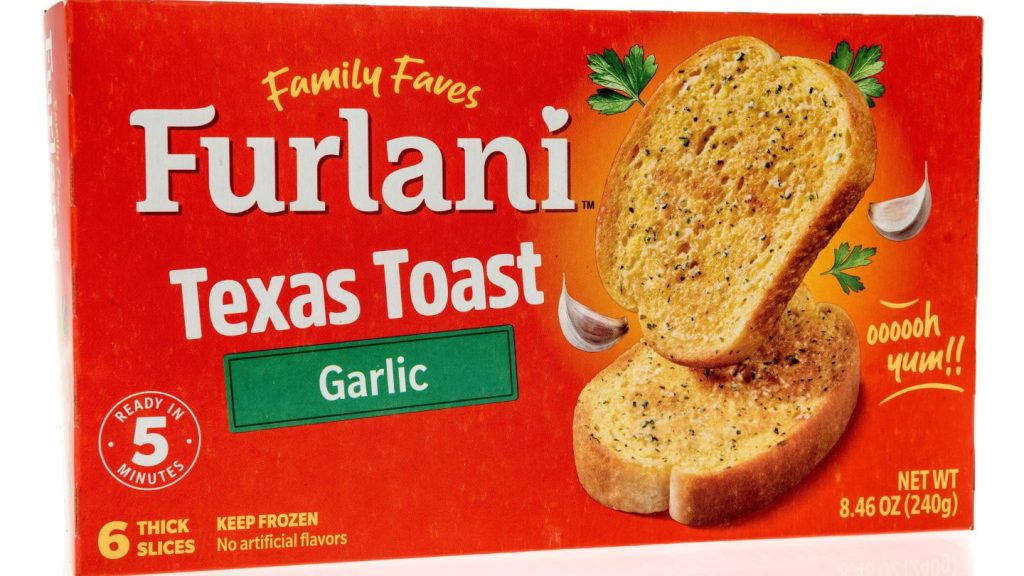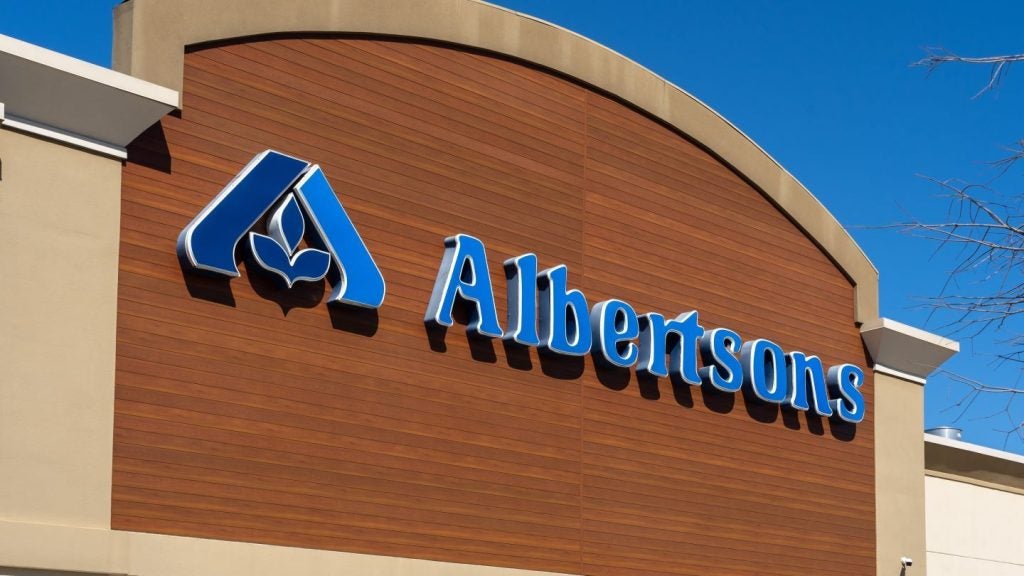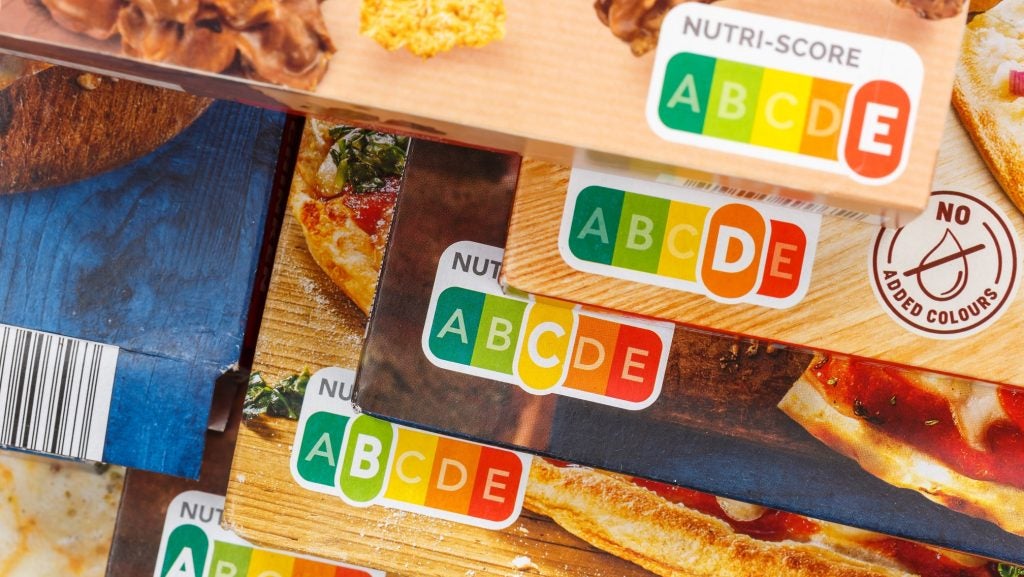With Donald Trump again set for the White House, we’re already feeling a little like it’s 2016 all over again and, this week, rumours surrounding two of the world’s largest confectioners also allowed us to look back eight years – and wonder what might come next.
On Monday, Bloomberg reported Mondelez had made a “preliminary approach” for Hershey, apparently renewing its interest in its US rival after being turned away in mid-2016.
As you’d expect, Mondelez and Hershey refused to comment publicly but the report drove up the Reese’s maker’s shares (while denting Mondelez’s) and sparked chatter among Wall Street analysts about what could lie ahead.
The answer? Erm, not much. Yesterday, Mondelez outlined plans for a $9bn share buyback programme and sought to set out its thinking on M&A – which the Cadbury maker said is “focused on bolt-on assets” similar to its recent deals for Greece’s Chipita in 2021 and Mexico’s Ricolino a year later.
Elsewhere, Bloomberg reported The Hershey Trust, the SkinnyPop popcorn owner’s controlling shareholder, had rejected Mondelez’s approach anyway for being too low.
So, is that that then? Generally speaking, analysts had agreed on the potential benefits for Mondelez of a combination with Hershey, though there were notes of caution among industry watchers.
Two specific issues with this deal would be (have been?) the nature of Hershey’s ownership and its US licence to Nestlé brands.
However, more broadly, some question whether Mondelez should be looking to further expand in confectionery. “There are some questions a deal would raise, namely increasing exposure to a category experiencing some (real and potential) headwinds in healthier eating and GLP-1,” Richard Wyborn at the UK-based consultancy Food Strategy Associates says.
“There’s clearly the challenge of getting approval from the Trust. The other big challenge is the KitKat licence, which they’d likely lose in the event of a transaction and which is an important contributor to the bottom line. We’re sceptical as to whether a deal will take place.”
Nevertheless, some still believe there could be legs in this story. Robert Moskow, an analyst at US investment bank TD Cowen, believes Mondelez’s announcement yesterday could be a negotiating tactic.
“We don’t think that Mondelez’s stated commitment to a tack-on acquisition strategy completely rules out bidding for an asset that is ‘too good to pass up’ opportunistically,” Moskow wrote in a note to clients yesterday. “Theoretically, it would be wrong for a company to completely ignore a transformative deal that they and their investors characterise as highly positive. Also, we believe that Mondelez expressed at least a passing interest in mega-snack businesses Kellanova and Hostess when they were put in play over the past two years.”
When assessing the possible rationale for Mondelez to look again at Hershey, analysts outlined a series of factors, including a desire to expand in the US chocolate market and a broader range of sugar confectionery but also more fundamental reasons such as the volatility in cocoa prices and Mars’ move for Kellanova earlier this year.
Mondelez wouldn't pay any price for Hershey, of course, but those more structural considerations might mean the Oreo owner is not easily dissuaded from trying again.
Moskow believes yesterday's Bloomberg article suggests The Hershey Trust may be more open to an offer than in years gone by.
"The Bloomberg article indicates that The Hershey Trust rejected the bid because they viewed it as too low. This brings up the distinct possibility that there is a price at which they would be willing to cede control. This is a material change from prior leadership, which vowed to keep the company independent. We continue to view the Trust's position as vulnerable given the high concentration of its assets in Hershey stock and rising external threats to long-term demand for indulgent snacks."
However, Moskow for one remains cautious. "While we view Hershey as a prized asset and believe that Mondelez would provide it with the international muscle that has eluded it for years, we think the risks and the cost of the transaction are awfully high," he said yesterday.
Whatever happens next, it’s a potential deal that’s giving us plenty to chew over as we head into the festive period (and those tubs of chocolate).


